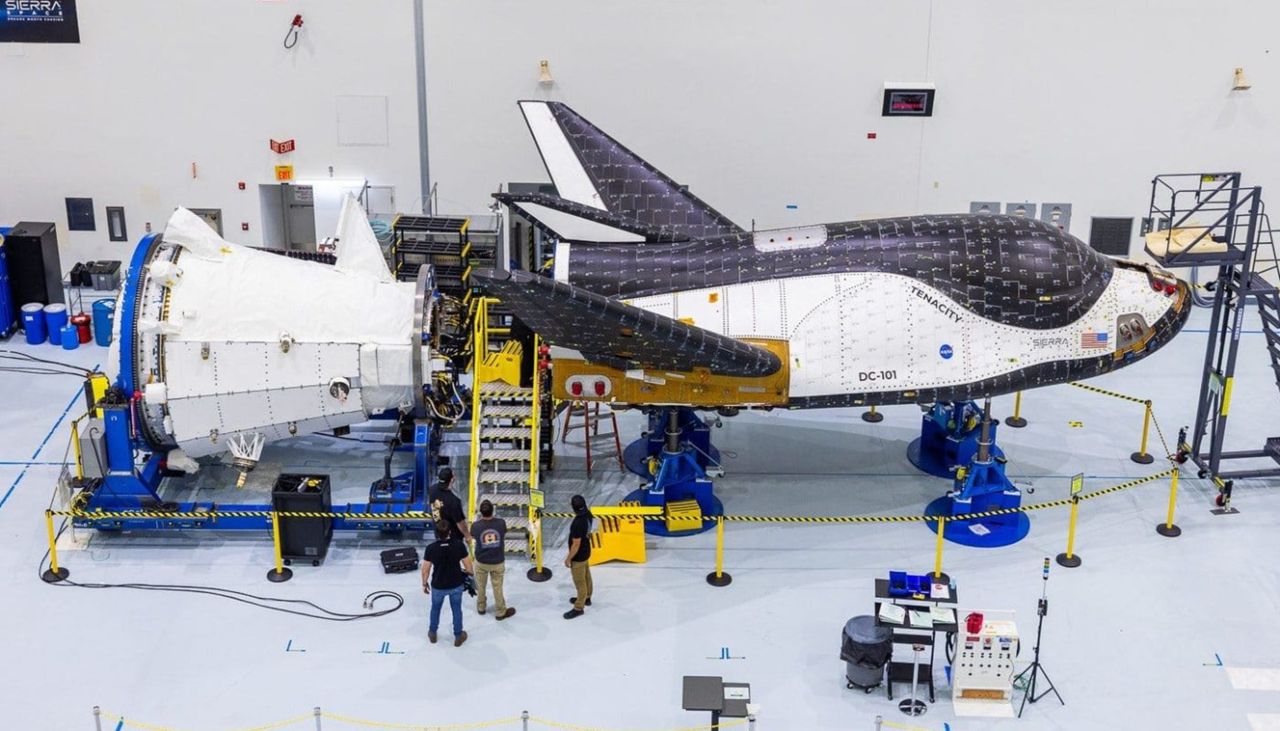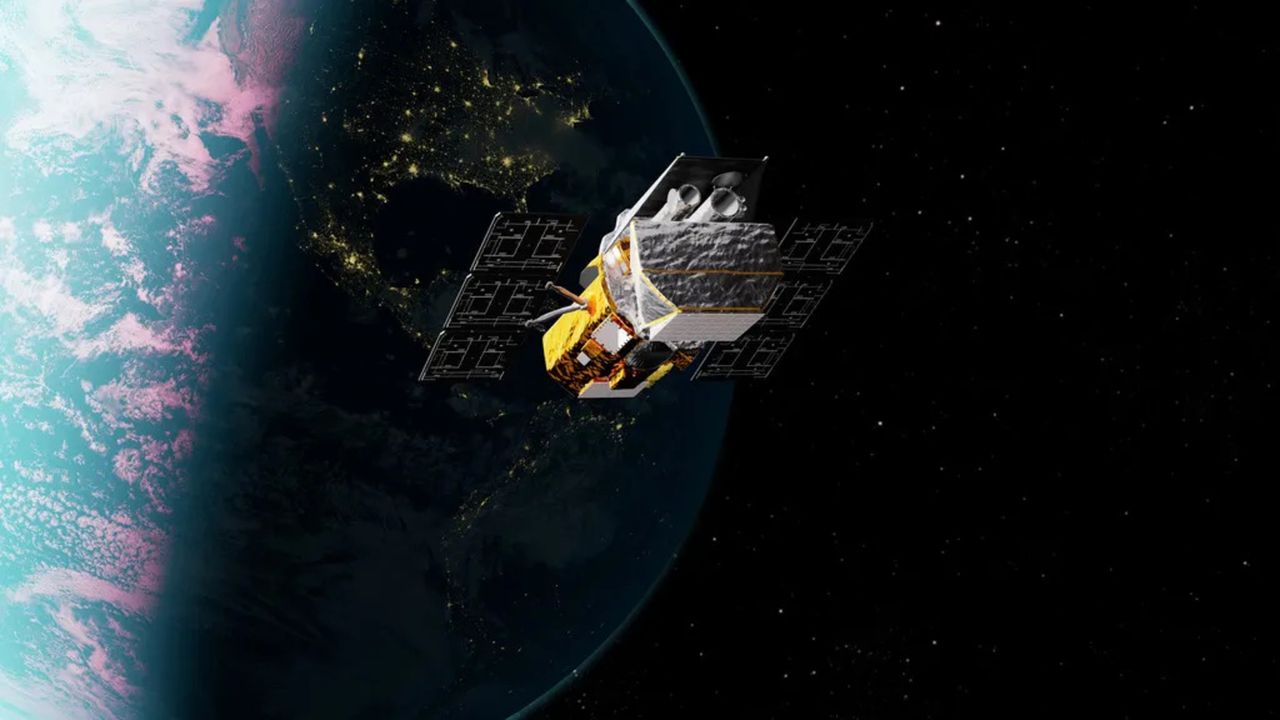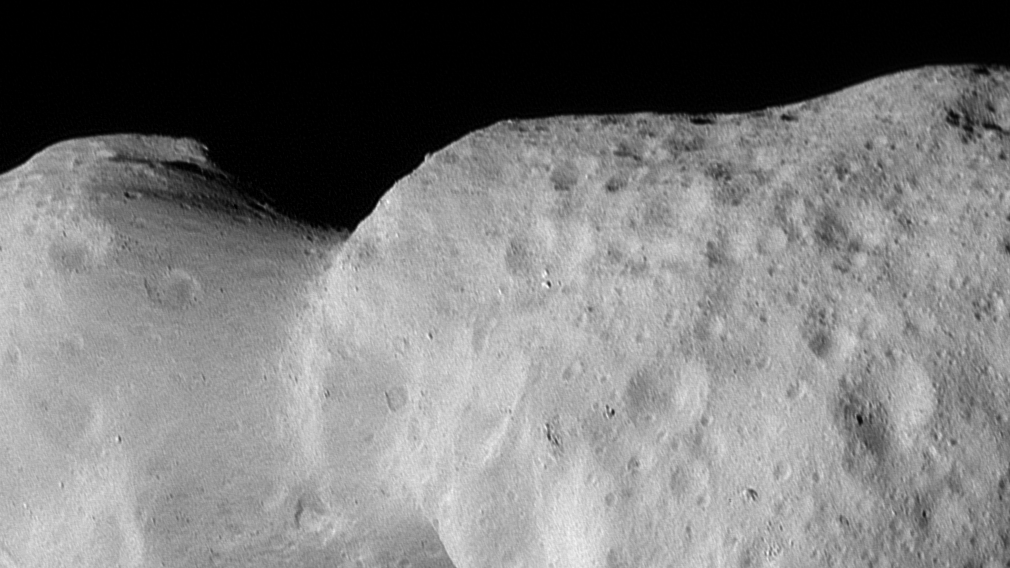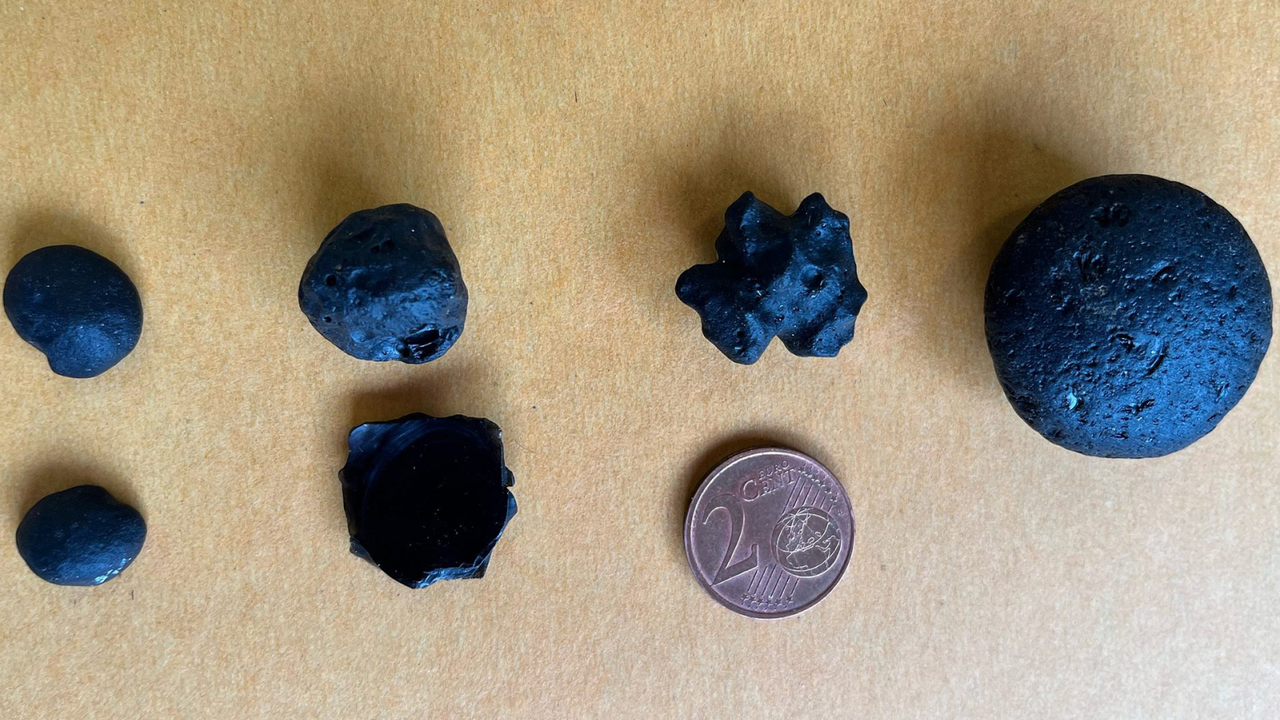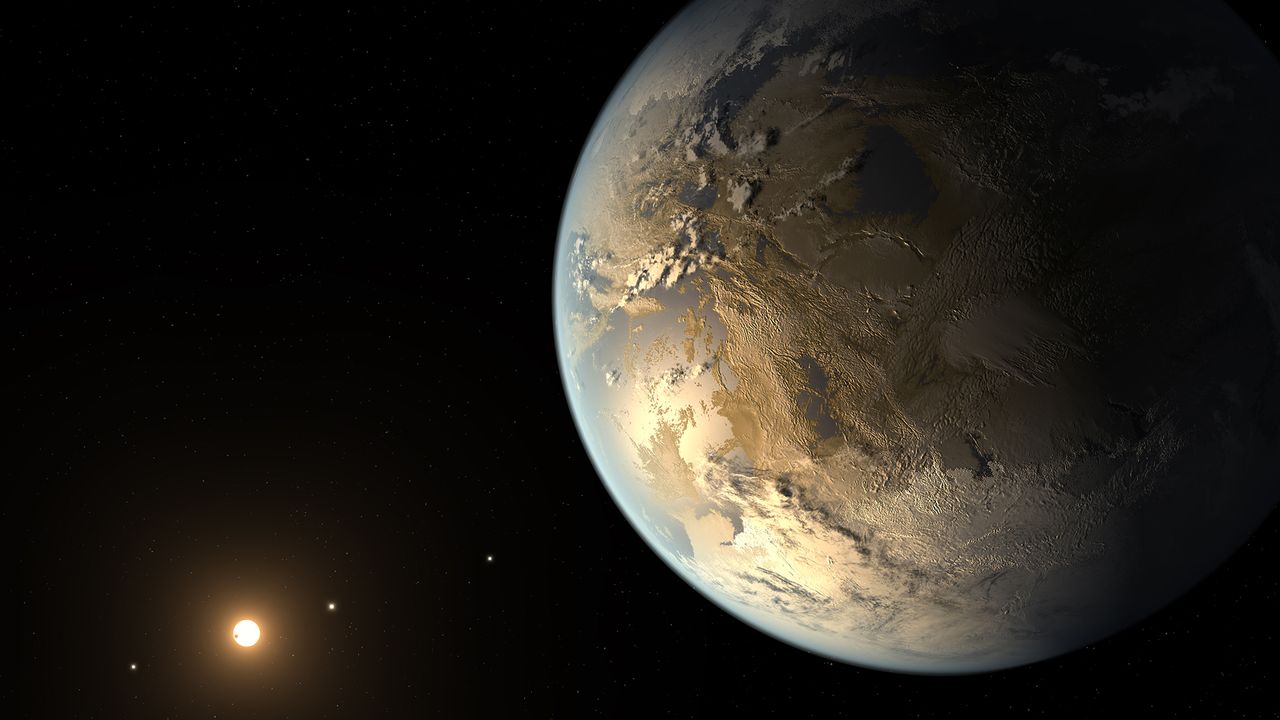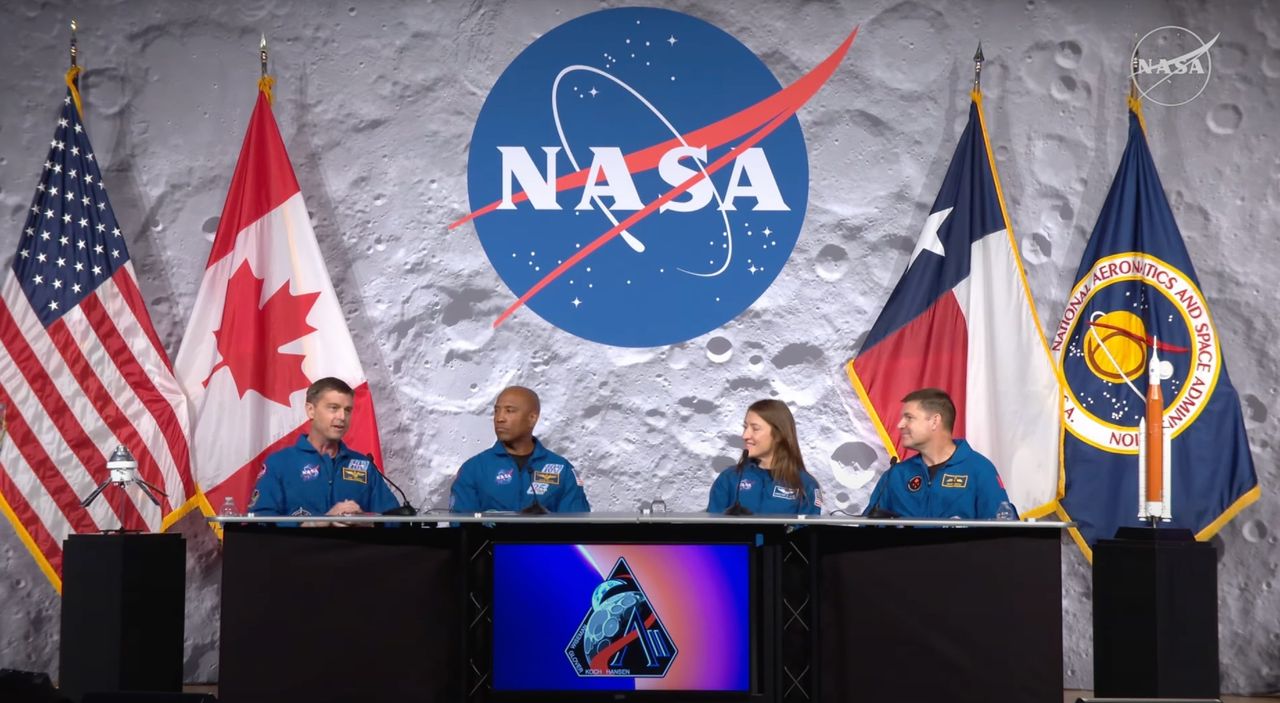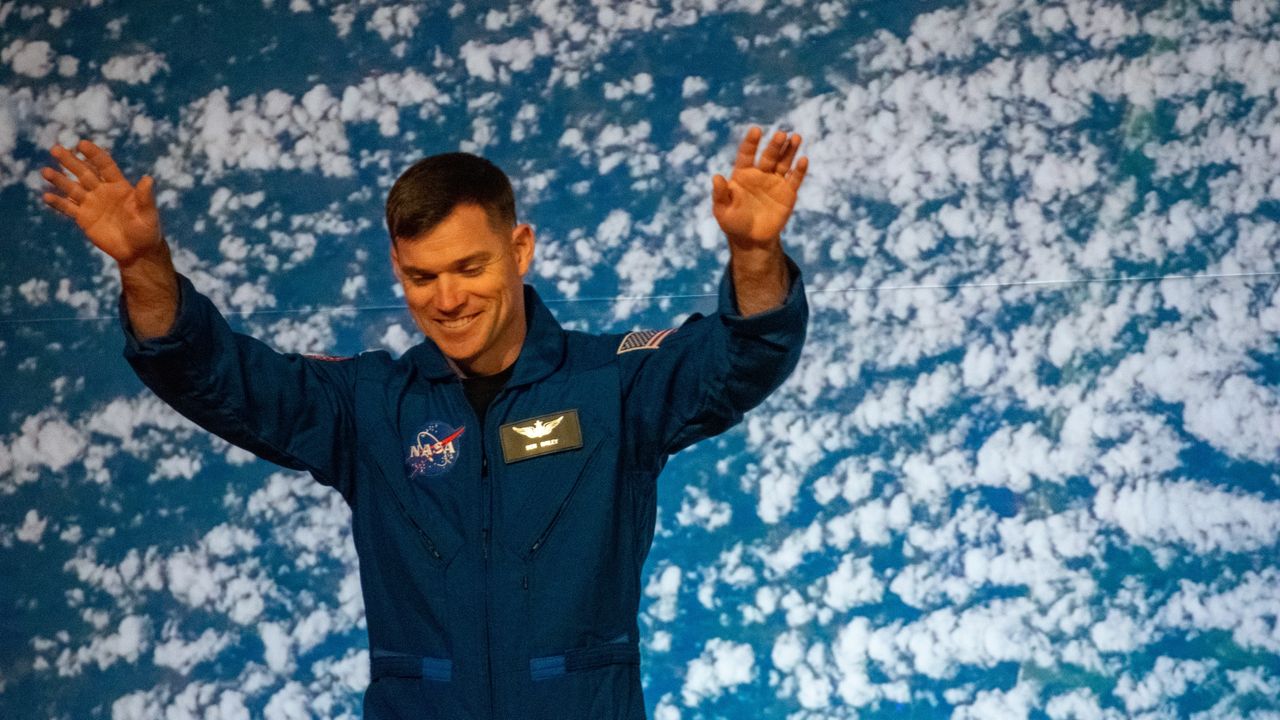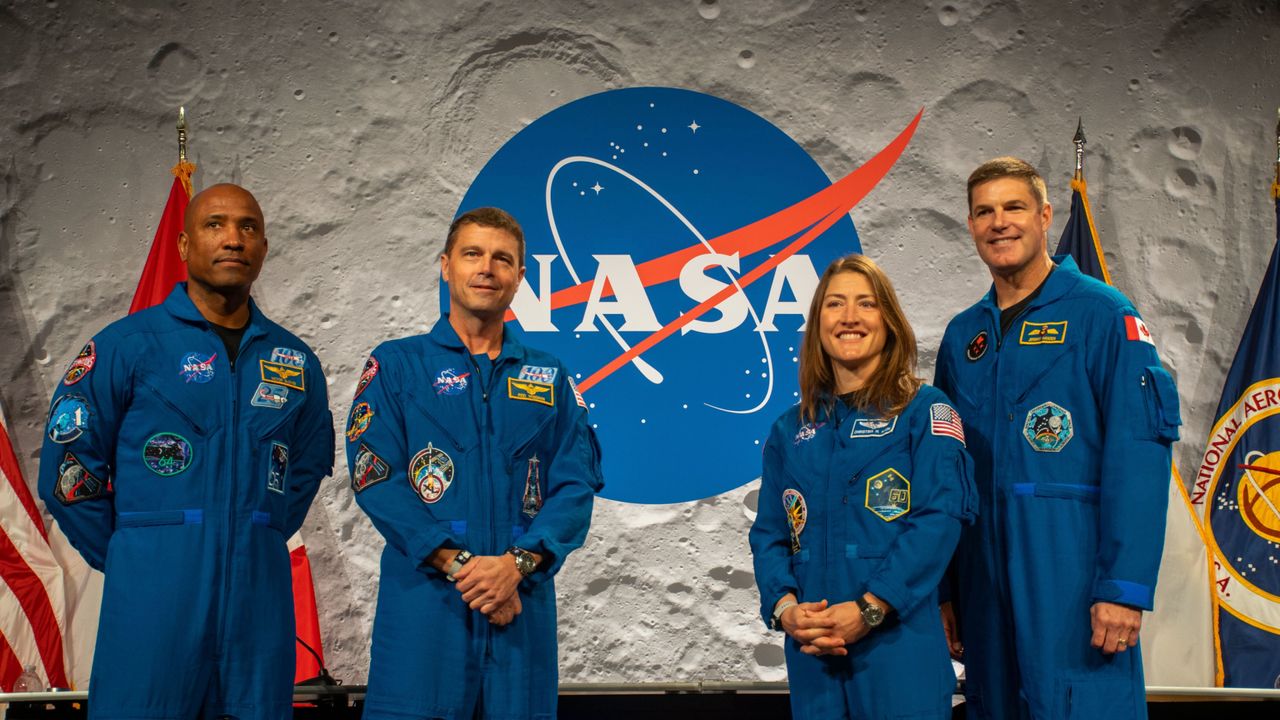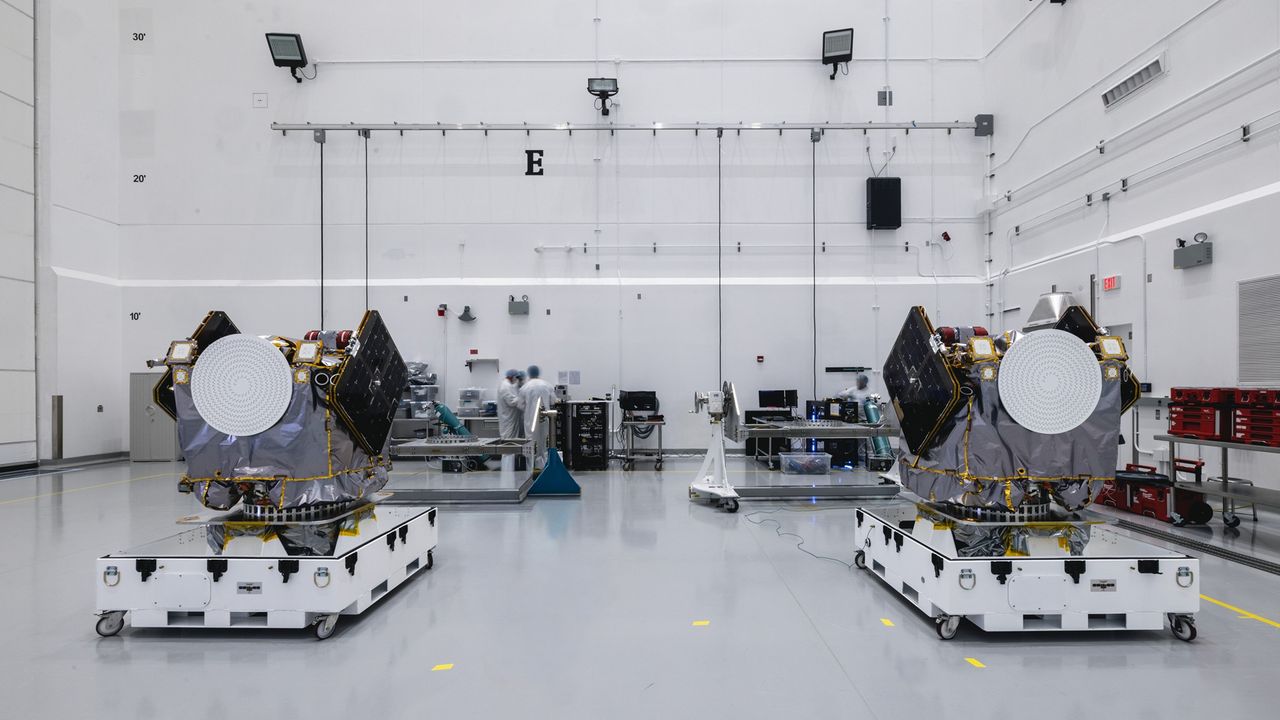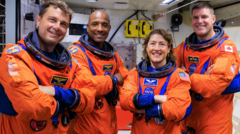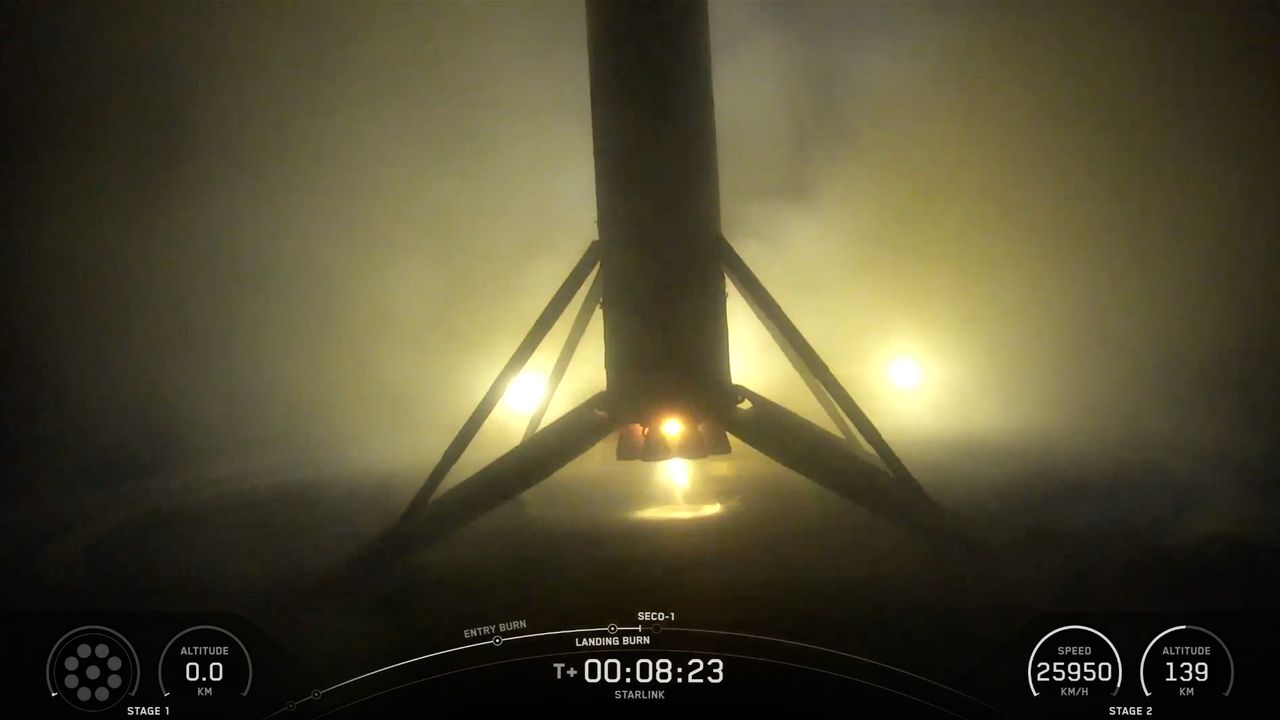Science history: DART, humanity’s first-ever asteroid deflection mission, punches a space rock in the face — Sept. 26, 2022
PositiveScience
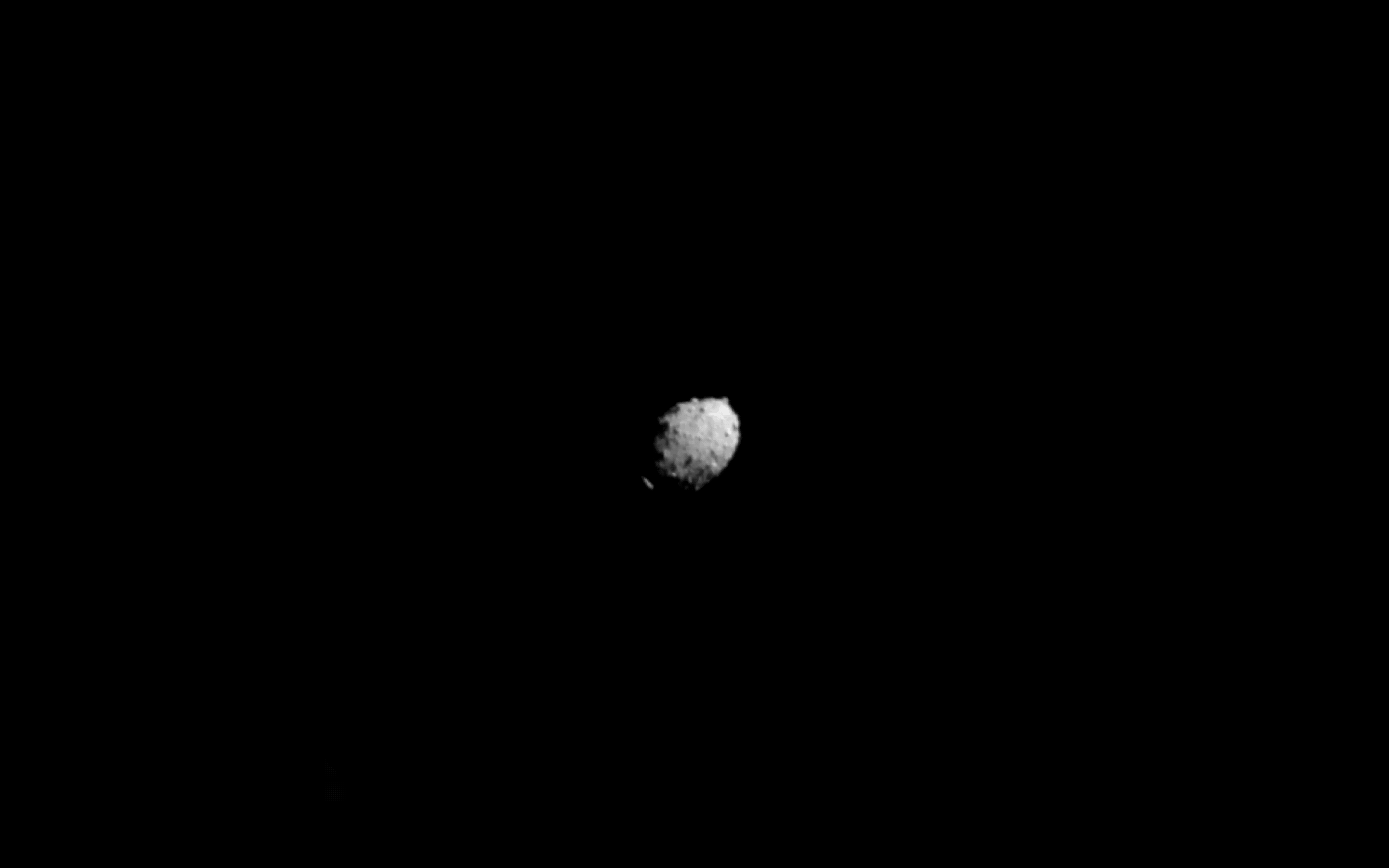
On September 26, 2022, NASA's DART mission successfully collided with the asteroid Dimorphos, marking a historic moment in space exploration. This groundbreaking test demonstrates humanity's ability to alter the trajectory of potentially hazardous asteroids, raising hopes for planetary defense against future threats. The success of this mission not only showcases technological advancements but also emphasizes the importance of proactive measures in safeguarding Earth from cosmic dangers.
— Curated by the World Pulse Now AI Editorial System
